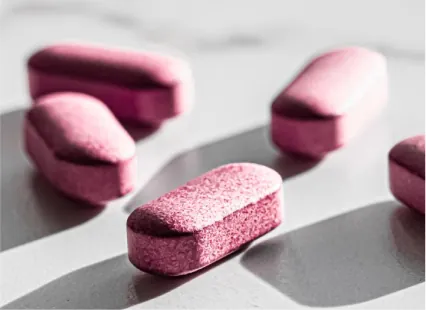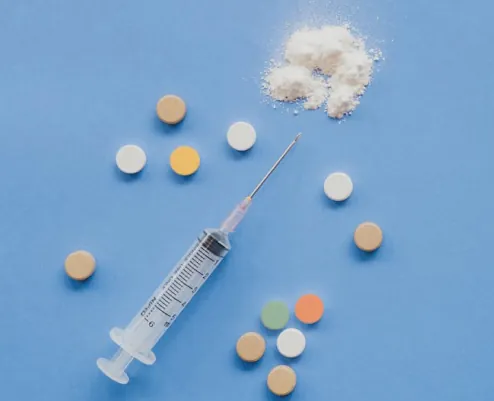Consuming too much alcohol in a short period of time can lead to a serious condition referred to as alcohol poisoning. Drinking too much too quickly can lead to this life-threatening illness regardless of their tolerance, BMI, or other factors. It is estimated that 88,000 individuals die in the US every year from alcohol-related causes. In fact, alcohol is currently the 3rd leading cause of preventable death in the nation. Could you identify when someone is experiencing alcohol poisoning and would you know what to do?
What is Alcohol Poisoning?
Simply put, we know that drinking too much causes alcohol poison, but what actually is this condition? What happens to your body when you have alcohol poisoning is alcohol enters the bloodstream and is transported throughout the body, including your brain. The amount of alcohol in your blood, or your blood alcohol concentration (BAC), gets so high that it begins to drastically reduce the body’s ability to function on a mental, physical, and emotional level. An individual’s BAC can continue to rise for approximately 40 minutes following their last drink, even if they have already lost consciousness. It is critical to be able to quickly identify alcohol poisoning and to act fast in getting medical attention.
Identifying Alcohol Poisoning
Begin able to identify signs of alcohol poisoning can save someone’s life. All of the symptoms can be dangerous, but some more immediately than others. If you notice someone who has been drinking and exhibits any of the following signs, get help immediately.
- Irregular breathing
- Unresponsiveness
- Pale, clammy and bluish-tinged skin
- Cold Skin/Low body temperature
- Vomiting
- Seizures
- Confusion
- Incoherent speech
- Lack of consciousness
Risks of Alcohol Poisoning
As mentioned above, alcohol poisoning can progress even once someone has fallen asleep. One major risk is that others may assume once an individual has fallen asleep, that they are recovering and getting better even though they are actually getting worse. A lack of consciousness may be a sign of a dangerously low heart rate and breathing. Without anyone even noticing, the individual cold stop breathing. Even a few minutes without oxygen flowing to the brain can lead to permanent brain damage or death. Seizures are another effect of alcohol poisoning that can lead to severe brain damage.
Treating Alcohol Poisoning
Getting professional medical attention is the safest and only advisable method for treating alcohol poisoning. Trying to treat someone who is suffering from alcohol poisoning can cause more harm than good. For instance, many people ask what to feed someone who drank too much alcohol. Someone exhibiting signs of alcohol poisoning should not be given any food because if they throw up they may aspirate and choke on the contents. In a medical setting, they can be given an IV that provides the fluids and nutrients their body needs without risking aspiration.
If you identify someone exhibiting signs of alcohol poison, call 911 right away. The emergency operator will ask various questions to understand the severity of the individual’s condition and direct you on how to proceed. Some of the questions they may ask include:
- Are they vomiting?
- Are they conscious?
- Are they breathing?
- Can you feel a pulse?
- Do they look pale or blue?
There are a few common interventions that a 911 dispatcher may direct a caller to conduct depending on the answers to the above questions. For instance, if there are no signs of breathing or a detectable pulse, then they may instruct you to perform CPR. Additionally, if the individual is unconscious then it is best to roll them onto their side so that if they do vomit, they will not aspirate.
Once transferred to a medical facility, alcohol poisoning patients are giving IV fluids and are hooked up to machines that are able to monitor their vital signs. In some cases, a procedure may be done to empty the contents of their stomach. Further action is dependent on the patient’s status and what side effects develop.
After Alcohol Poisoning
When it comes to treating alcohol poisoning, the work does not end when the physical symptoms have been treated and subsided. Many people who experience this condition could also benefit from counseling or therapy, whether or not they are not diagnosed with an alcohol use disorder (AUD). Taking the time to understand why they ended up in such a dangerous situation and how to prevent it from happening again may prevent an AUD from developing. Was it social pressure, a desire to cause self-harm or another psychological factor at play? If there is already an established AUD, then an alcohol rehab program is certainly necessary to prevent immediate and long term consequences from continuing to drink.





